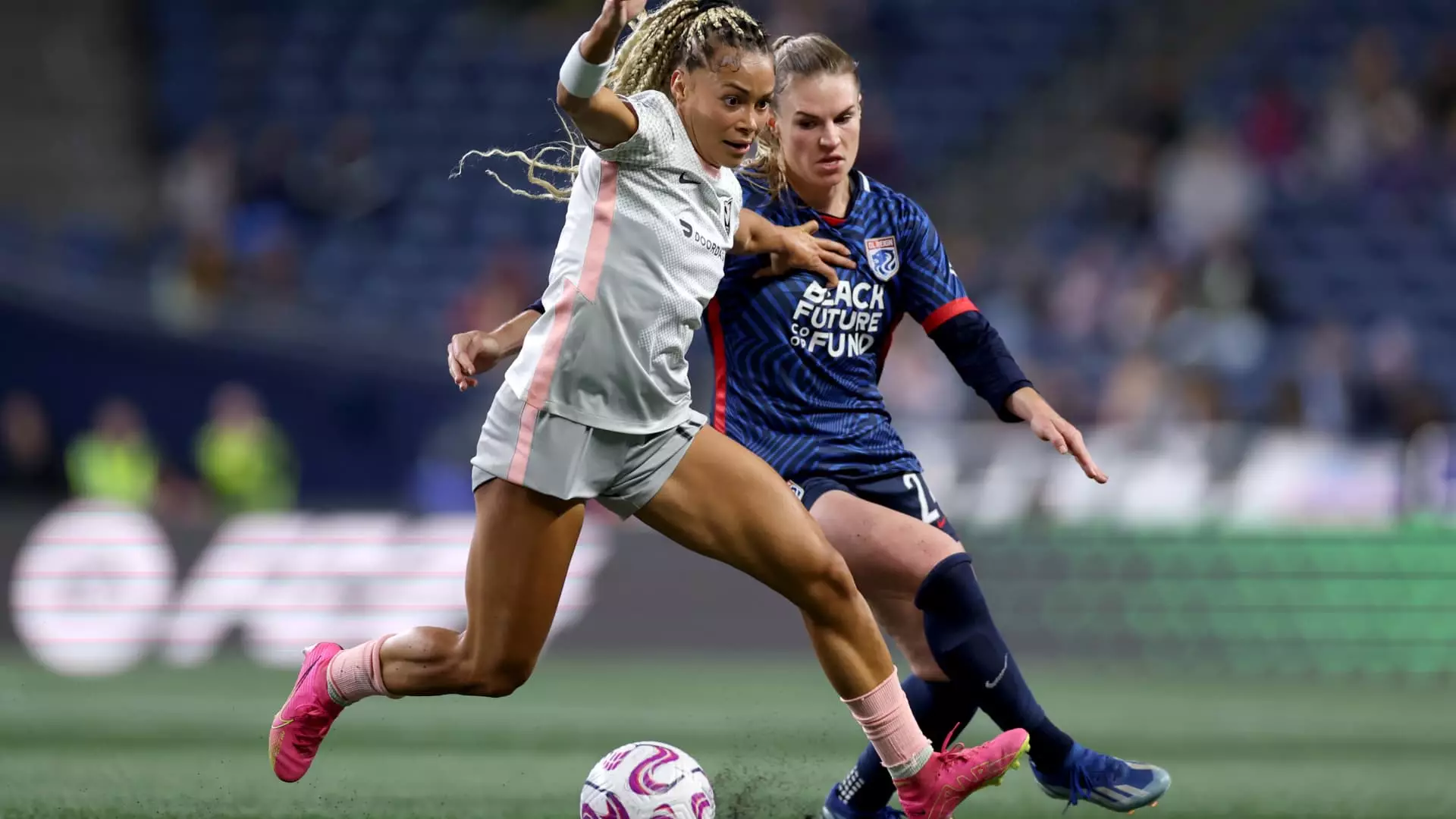Private equity investment in women’s soccer is changing the landscape of the game, providing a new avenue for growth and development. While other major U.S. sports leagues have allowed private equity investors to take passive, minority stakes, the National Women’s Soccer League (NWSL) is leading the way by allowing these firms to take majority control of the economics. This shift has brought significant attention and capital to the sport, paving the way for a new era of prosperity.
Institutional capital is being seen as a crucial driver of growth in women’s soccer, with firms like Sixth Street and Carlyle leading the way in investing in NWSL teams. These investments have not only brought substantial capital to the league but have also brought in new resources and expertise that are vital for the continued success of the sport. The recent surge in NWSL attendance, up more than 40% this year, is a clear indicator of the positive momentum in the sport and the potential for further growth.
Investments in women’s soccer are matching the intrinsic value of the sport, with valuations of teams skyrocketing in recent years. The $58 million valuation of Reign FC, up from $3.5 million just five years ago, showcases the significant increase in the value of women’s soccer franchises. Moreover, elite women’s sports revenue is set to cross the billion-dollar mark for the first time, with soccer accounting for roughly half of that figure. This growth is driven by a diverse revenue stream that includes merchandising sales, ticket sales, partnerships, and sponsorships.
While women’s sports revenue has traditionally been tilted towards merchandising and ticket sales, recent media deals such as the $240 million, four-year contract signed by the NWSL are reshaping the landscape. This deal represents a 40-fold increase from the league’s previous agreement and highlights the growing importance of media rights in women’s sports. The involvement of major players like Disney CEO Bob Iger in the acquisition of Angel City FC further underscores the increasing interest and valuation of women’s soccer franchises.
Despite the promising outlook for women’s soccer, challenges remain as the league navigates the influx of institutional capital and private equity ownership. Commissioner Berman acknowledges the need for caution and moderation in allowing institutional capital to invest in sports, citing the differing dynamics compared to individual ownership. As other major sports leagues consider private equity ownership limits, the NWSL is serving as a test case for the industry, with the potential to shape future investment strategies.
Overall, private equity investment in women’s soccer is reshaping the game, bringing in new capital, expertise, and growth opportunities. The changing valuation of teams, the diversification of revenue streams, and the increased focus on media rights all point towards a promising future for women’s soccer. While challenges persist, the league’s willingness to innovate and adapt to the evolving sports landscape positions it as a key player in the global sports industry.

